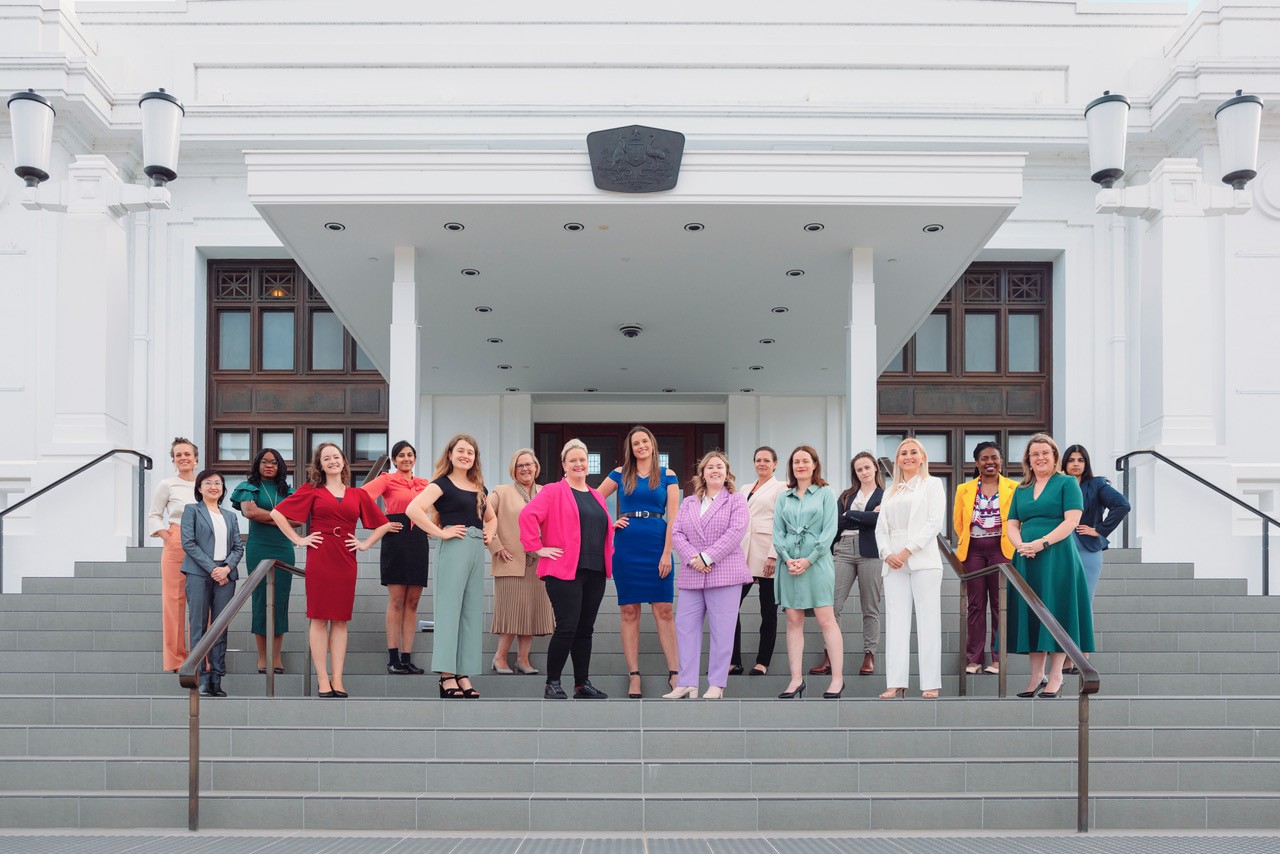The COVID-19 pandemic has emphasised the gendered nature of work, particularly unpaid work, while highlighting the lack of women’s voices in the formal response (it’s been mainly white, male and middle aged). Unsurprisingly, the interactions of the economic and health impacts of the coronavirus shutdown on the lives of individual women have been largely overlooked.
This is what Kim Rubenstein refers to as ‘gender plus’.
“You have to recognise that the impact of COVID is going to be different on different groups, Professor Rubenstein told the podcast Seriously Social, a new podcast from the Australian Academy of Social Sciences, of which she is a Fellow.
“It’s gender plus your socioeconomic background. It’s gender plus your migrational citizenship background. It’s gender plus your ethnicity. It’s [gender] plus the social norms from your experience growing up. They are all different. It’s not that women and girls all experience this in the same way.”
 Professor Rubenstein is the newly appointed co-director of the 50/50 by 2030 Foundation. She told journalist Ginger Gorman on the second episode of Seriously Social which focused on gender and the pandemic that one of the key reasons Australia needs more women in leadership positions was not just about gender equality but because of what she calls “our existing affirmative action system for men”.
Professor Rubenstein is the newly appointed co-director of the 50/50 by 2030 Foundation. She told journalist Ginger Gorman on the second episode of Seriously Social which focused on gender and the pandemic that one of the key reasons Australia needs more women in leadership positions was not just about gender equality but because of what she calls “our existing affirmative action system for men”.
“Different experiences … need to be represented in Parliament,” Professor Rubenstein said.
“And COVID has really emphasised and amplified that.”
The image of leadership during the pandemic has – with a couple of exceptions – been almost exclusively white, male and middle aged.
Professor Rubenstein noted that the image of leadership during the pandemic has – with the exception of two female premiers and some senior medical researchers – been almost exclusively white, male and middle aged.
“Four white men (Scott Morrison, Greg Hunt, Josh Frydenberg and Brendan Murphy) are the image of decision making and responsibility for the nation,” Professor Rubenstein said.
“[It’s] not that they are not necessarily capable, but it just reminds us of the absence of women in that context.”
She noted that New Zealand Prime Minister Jacinda Ardern had become something of an international phenomenon due to her empathic response to the pandemic. Not only was she quick off the mark in protecting her country from a flood of infections, but her communication style was characterised with warmth and compassion.
We need people in leadership who understand the basics of life.
“It’s that connection to the lived experience of others that makes people trust their leaders ‘get it’; [that] they understand; they are in the same position. We need people in leadership who understand the basics of life.”
 She also noted that a photo of German chancellor Angela Merkel going shopping during the pandemic resonated with people by the very ordinariness of the image. (One cannot imagine Donald Trump or Boris Johnson, for example, doing something as banal as going shopping for groceries.)
She also noted that a photo of German chancellor Angela Merkel going shopping during the pandemic resonated with people by the very ordinariness of the image. (One cannot imagine Donald Trump or Boris Johnson, for example, doing something as banal as going shopping for groceries.)
“If you feel it yourself and you’ve had that experience, you are going to be a better leader for it.”
She said this helped other members of society, who may not feel represented “to actually truly believe that they have the capacity to be leaders themselves at some point or active citizens”.
“It’s about enfranchisement in the fullest sense.”
She said the true success of multiculturalism is when “the next generation of migrants are actually thinking of themselves as being members of parliament”.
For women their current “disproportionate responsibility in the private sphere” means that it has a direct impact on their capacity to engage in the public sphere
But for women their current “disproportionate responsibility in the private sphere” – childcare, unpaid domestic work, elder care – means that it has a direct impact on their capacity to engage in the public sphere, she said, adding that the pandemic had cast a light on the “links between our private sphere and the public sphere”.
Professor Rubenstein said that ultimately men had to be part of the solution. COVID has forced many men into working at home and she identified how this has enabled a clear discussion focussing on the opportunities this period has provided for addressing how men can take equal responsibility around these issues.
“It about getting men on board. This is not just a women’s issue. It’s a societal issue.”
You can listen to Seriously Social with Ginger Gorman and Professor Kim Rubenstein here.




